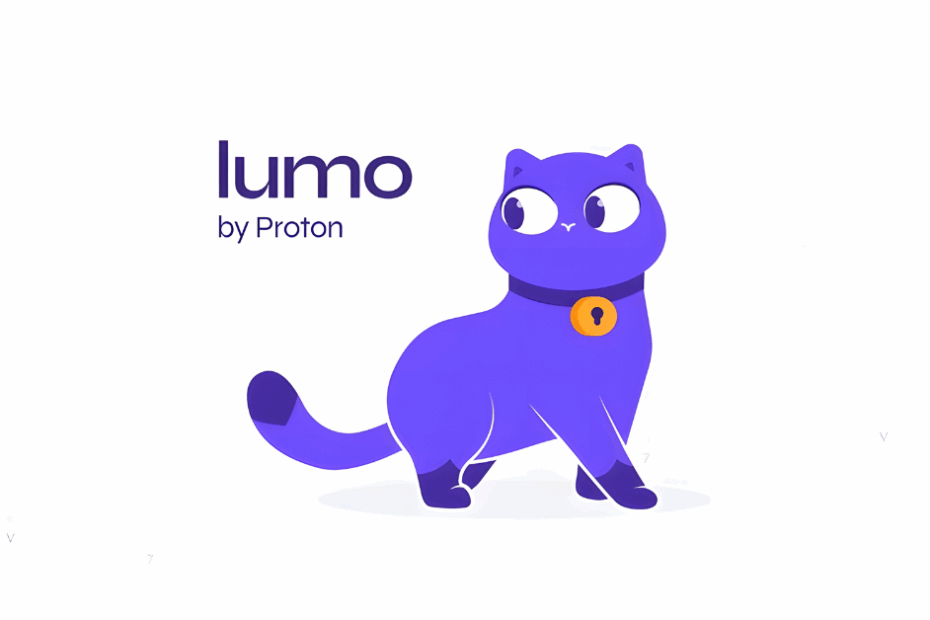Proton challenges artificial intelligence giants with Lumo, a new assistant that promises something competitors cannot: complete confidentiality. While ChatGPT, Claude and Google Gemini dominate headlines, this latest entry fights back against what Proton’s leadership describes as “surveillance capitalism.”
Revolutionary Privacy Protection
Lumo breaks away from standard industry practices through its unwavering commitment to user anonymity. Unlike mainstream alternatives, the platform refuses to log, store, or utilize conversations for model training purposes. Every interaction remains protected through end-to-end encryption, ensuring that only users can access their own chat histories.
Switzerland’s robust privacy legislation provides additional safeguards that American-based competitors cannot offer. This legal advantage, combined with Proton’s established reputation for secure email and VPN services, creates a protective framework built on zero-access encryption principles. The company’s decision to use open-source language models and privacy-focused search engines further demonstrates its dedication to transparency.
Open-source code allows independent security experts to examine and verify Lumo’s privacy claims. This public accountability creates trust through verifiable actions rather than corporate promises alone.
Also Read: AI will replace most workers within years, former Google CEO warns
Balancing Features with Security
Lumo delivers standard AI assistant capabilities including question answering, document summarization, email rewriting, and coding assistance. Its integration with Proton Drive enables secure file analysis, while intelligent model selection optimizes performance for different tasks ranging from creative projects to technical code reviews.
However, privacy-first design creates noticeable limitations. Smaller, community-developed models may lack the sophisticated nuance found in data-intensive competitors. Users accustomed to extensive integrations and advanced features might find Lumo’s offering more restricted. The trade-off becomes clear: enhanced privacy requires accepting reduced functionality compared to mainstream options.
Performance gaps exist because Lumo cannot learn from user interactions or access vast training datasets that power rival systems. This fundamental difference shapes user expectations and defines the platform’s target audience.
Also Read: ChatGPT is changing the way we write, talk and text
Accessibility and Pricing Structure
Lumo operates across web browsers, iOS, and Android platforms through a tiered access system. The free version provides basic functionality with query limitations and restricted features. Users requiring more comprehensive access can upgrade to “Lumo Plus,” which removes chat restrictions, expands file support capabilities, and extends conversation history.
Monthly subscriptions cost £10.59, while annual commitments reduce pricing to £8.19 per month. This competitive rate matches premium services like ChatGPT Plus and Gemini Advanced, making privacy protection financially accessible. The flexible structure accommodates both casual users exploring AI capabilities and professionals requiring daily assistance.
Proton’s latest venture represents a significant challenge to established AI providers by prioritizing user control over corporate data collection. Whether privacy concerns will drive widespread adoption remains uncertain, but Lumo offers a compelling alternative for those willing to trade some functionality for complete conversational confidentiality.





